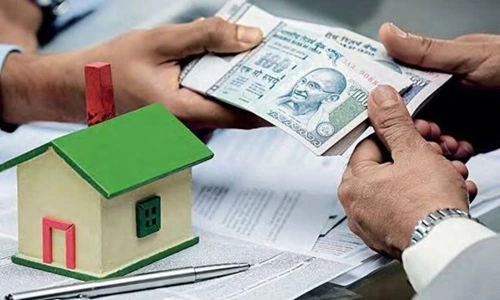Recently, there have been many cases in India where lenders or banks have tried some illegal ways of loan recovery. And if you are stuck in the same situation, then you should know that you have certain rights as an Indian citizen and as a loan borrower, so don’t let anyone take advantage of you or hurt your mental peace. Let’s see what are the legal rights of a loan borrower in India, shall we?

But First, What Exactly Are Loan Defaults?
When someone borrows money and agrees to pay it back but doesn’t, we call this not paying back a loan aka a loan default. This may even cause very big problems with money, which in turn will make it very difficult for you to borrow any money in the future. This would make your credit score go down, that’s more like a report card on how you handle money. Also, if you try to borrow money again, you may be asked to pay more in interest. It’s getting quite integral in terms of personal and business finance that one has to be good at money management and repayment of loans in India, and that’s the very reason why it is important for you to know how paying off the loan can affect you financially.
What Legal Rights Do You Have As A Loan Borrower in India?
1. Right to Notice: In case you have fallen behind on paying back the loan, the bank or the lender is supposed to give you some kind of warning before they start chasing you for the money. This is so that you are informed that you owe them the money.
2. Right to Fair Debt Collection Practices: Collection done by banks or lenders has to follow some respect of rules. The bank collecting the debt has no right to scare or be rude to the person. The borrower should be treated with all due respect even if there happens to be some amount for which they have to pay back to the bank.
3. Right to Privacy: Your personal situation about owing money should not be shared with people who do not have to know.
4. Right to Grievance Redressal: If you have any issues with your loan or how the bank is trying to get the money back, you have the right to complain and have your problem looked at.
5. Right to Seek Legal Assistance: If matters are not fair or there is a huge disagreement, then as a borrower, you have the full right to hire a lawyer and take legal action against the lender if there has been a violation of your rights.
6. Right to Fair Credit Reporting: Your credit should account accurately for your borrowing history, including any disputes you have had and how they have been resolved, so your ability to receive loans is not impacted unfairly.
7. Right to Be Heard: That should include an opportunity to explain before the bank or lender goes as far as taking away your property, your peace of mind, or trying to work out some other way to pay back what is owed.
8. Right to Polite Treatment: In case one is not able to pay back the loan in time, still, the bank and its staff should always handle you with courtesy.
9. Right to Adequate Notice: You should be forewarned and, thus, given enough time for you to sort out your payment issues before the bank proceeds into legal steps to ensure you’re aware of what could possibly come next.

Our dedicated team gathers information from all the reliable sources to make the law accessible and understandable for everyone. We provide the latest legal news stories from across the country, delivered straight to you.
